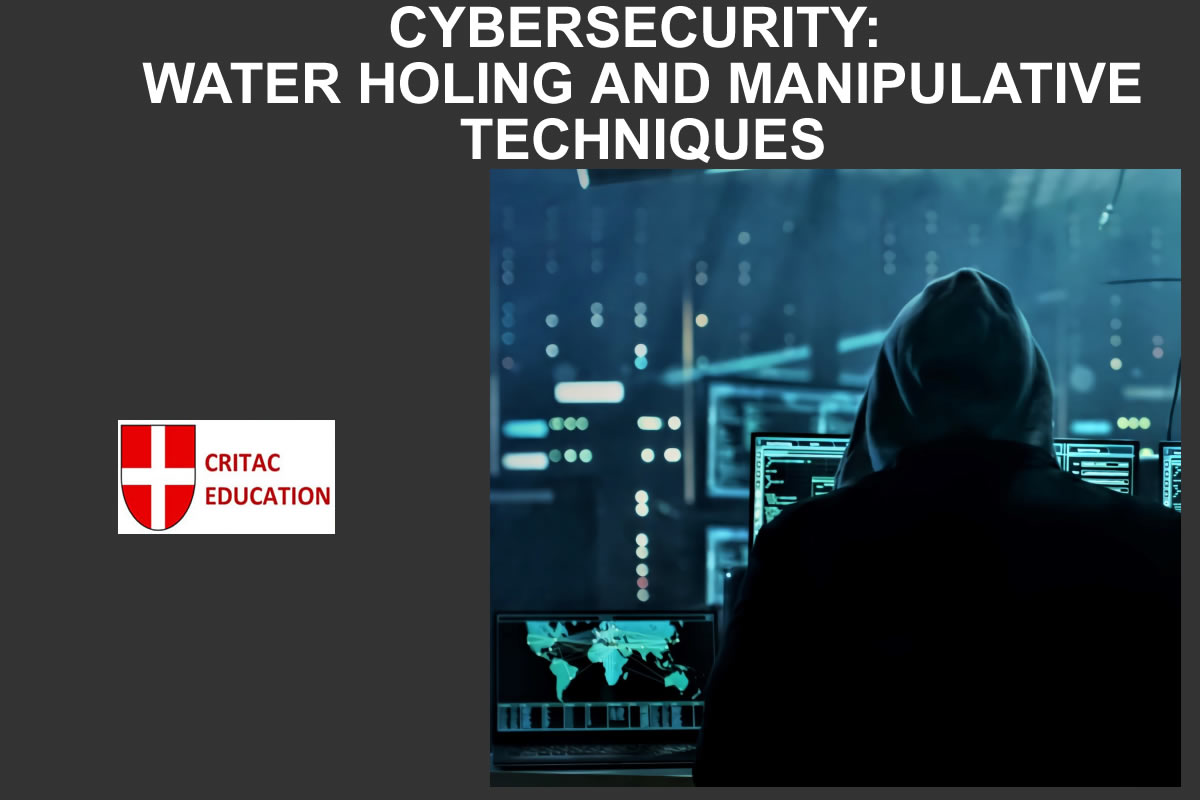"Defending Against Social Engineering and Water Holing" is a comprehensive course that provides insights into the art of social engineering, focusing on water holing attacks and their countermeasures. With a blend of psychological principles, real-world case studies, and legal considerations, this course equips learners with the knowledge and skills to recognize, defend against, and respond to social engineering tactics.
Key Features:
-
Comprehensive Coverage: This course covers the full spectrum of social engineering, including the history and evolution of tactics, the psychological principles behind manipulation, impersonation, and more.
-
Real-World Case Studies: Explore real-world examples, such as corporate espionage, phishing scams, and insider threats, to understand how social engineering techniques are applied and their consequences.
-
Water Holing Insights: Gain a deep understanding of water holing attacks, from setting up a watering hole to exploiting vulnerabilities and extracting sensitive information.
-
Defense Strategies: Learn best practices for safeguarding against water holing and social engineering attacks, implementing cybersecurity protocols, and training employees to recognize and respond to these tactics.
-
Legal and Ethical Considerations: Delve into the legal and ethical implications of social engineering, understanding the gray areas and the consequences faced when social engineering goes wrong.
-
Future Trends: Explore predictions for the evolution of social engineering tactics and emerging technologies that may impact future risks.
